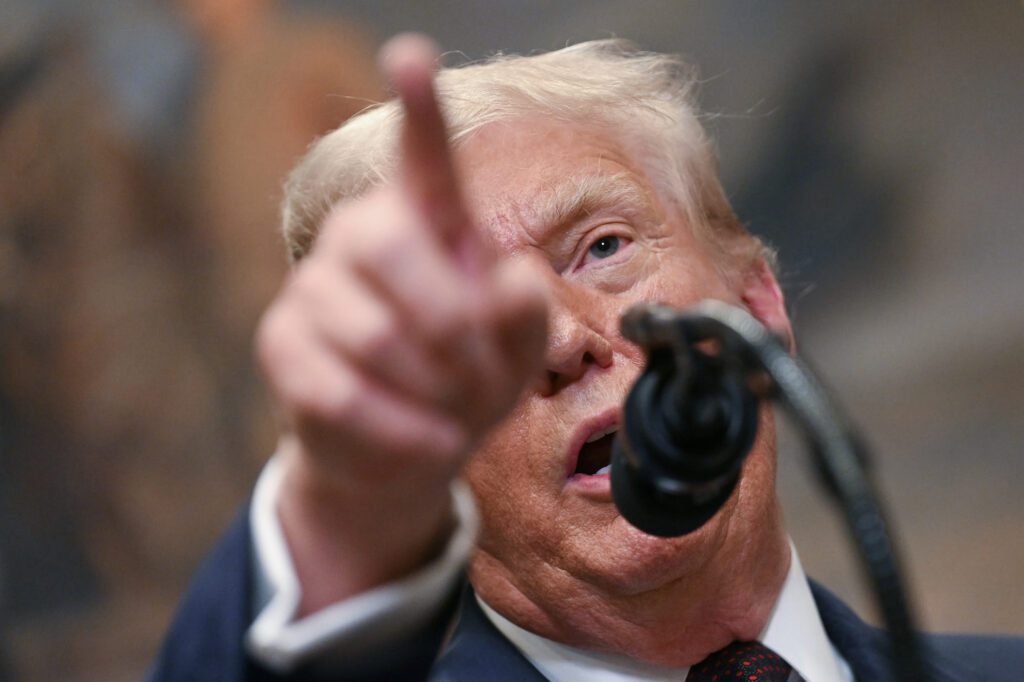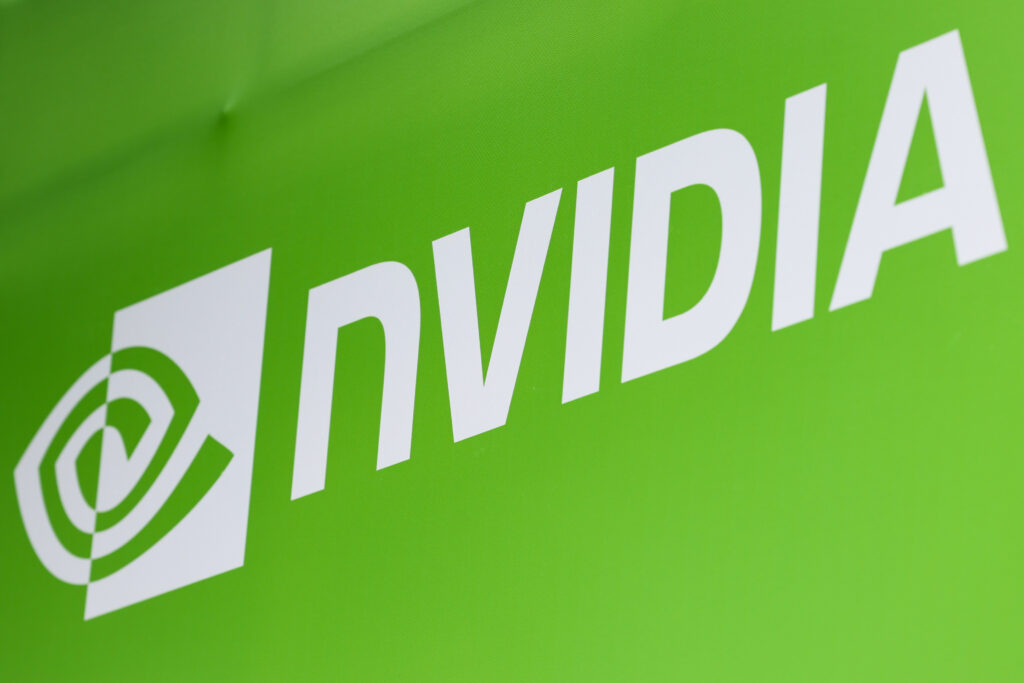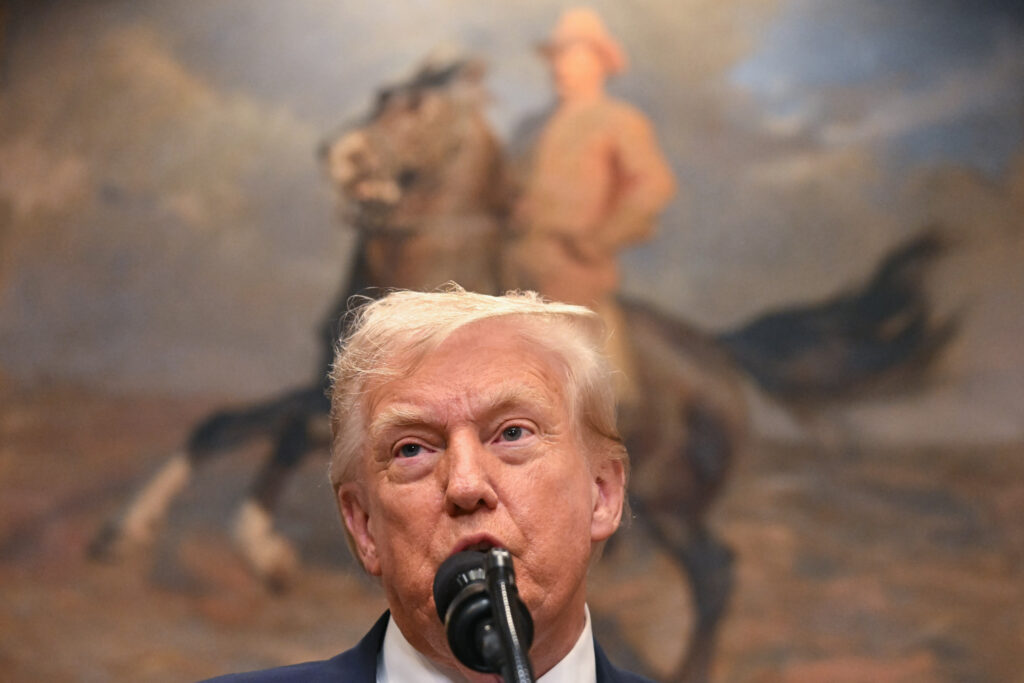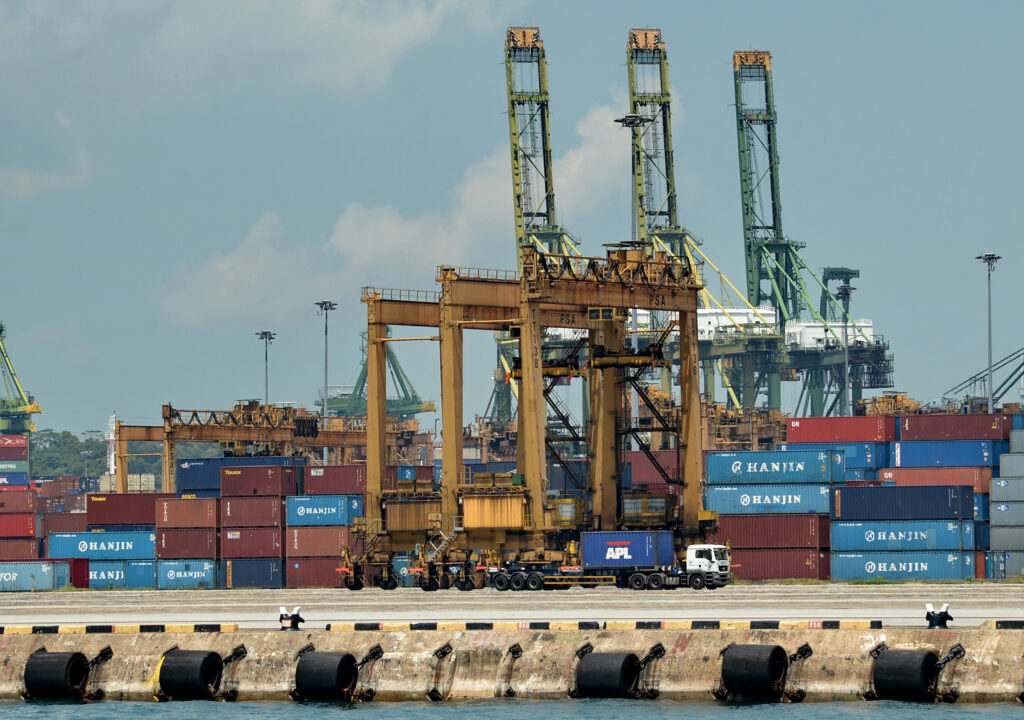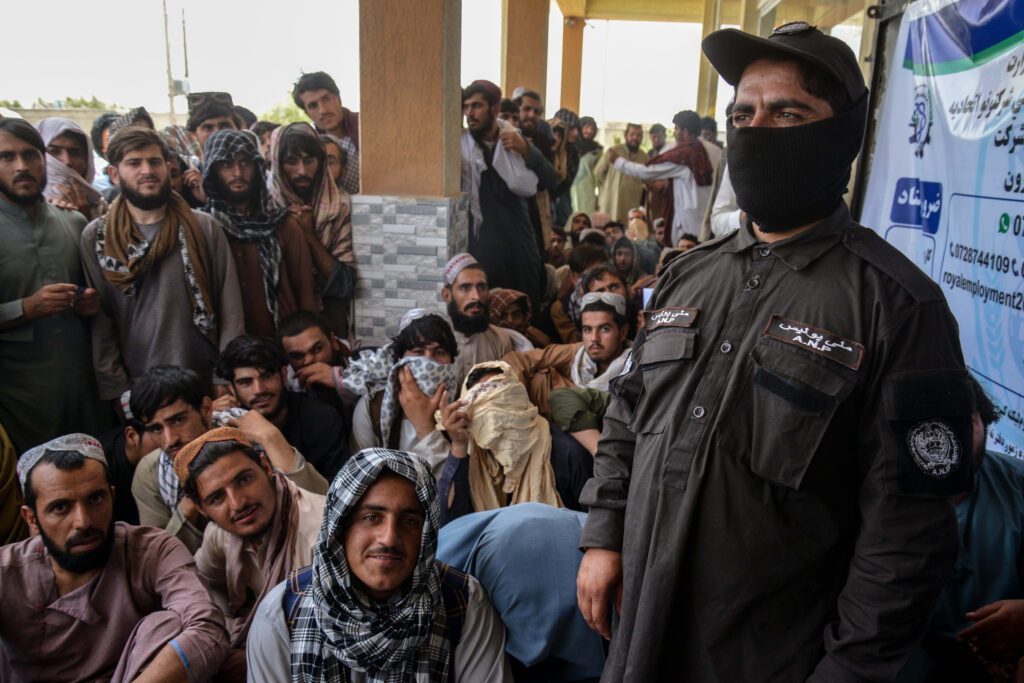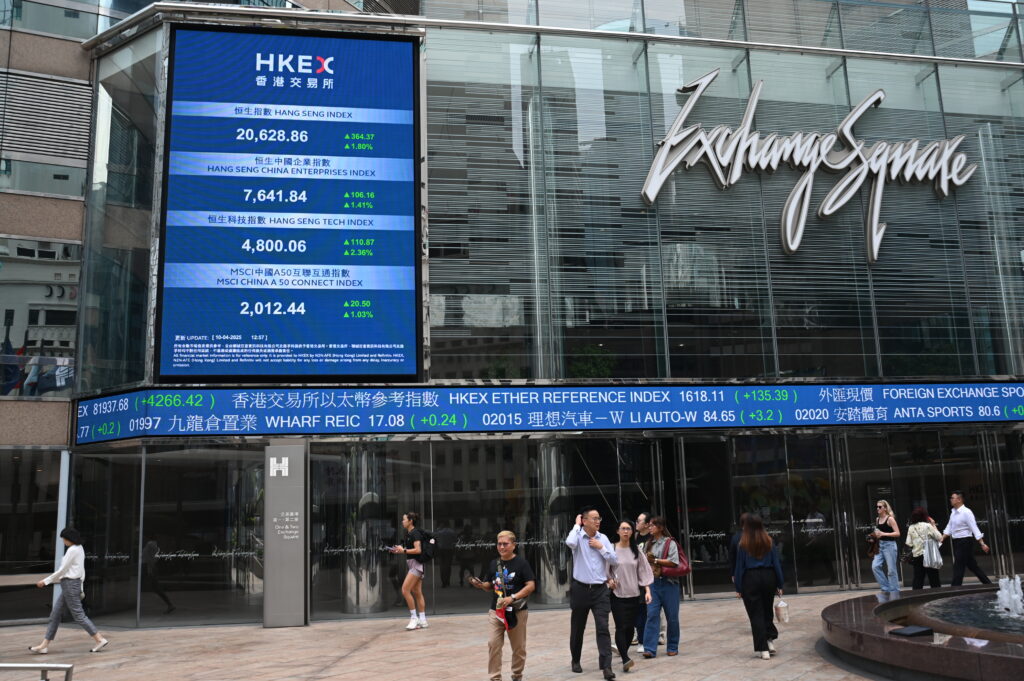Trump orders tariffs on dozens of countries in push to reshape global trade
President Donald Trump ordered the reimposition of tariffs on dozens of trading partners Thursday — his cornerstone strategy for reshaping global trade to benefit the US economy.However, in a minor reprieve that opens the door to further negotiations, the White House said these measures will take effect in a week, not Friday as previously expected.The tariffs are a demonstration of raw economic power that Trump sees putting US exporters in a stronger position while encouraging domestic manufacturing by keeping out foreign imports.But the muscular approach has raised fears of inflation and other economic fallout in the world’s biggest economy.And with questions hanging over the effectiveness of bilateral trade deals already struck — including with the European Union and Japan — the outcome of Trump’s plan remained uncertain.Trump’s new measures in an executive order raises duties on nearly 70 economies, from a current 10 percent level imposed in April when he unleashed “reciprocal” tariffs citing unfair trade practices.The steeper levels, varying by trading partner, go as high as 41 percent.Trump also adjusted some tariff levels threatened in April, with Switzerland now facing a higher 39 percent duty and Thailand a lower 19 percent rate.The tariff on Taiwanese products was revised down to 20 percent, but its President Lai Ching-te vowed to seek an even lower level.Trump separately hiked tariffs on Canadian goods to 35 percent, though indicating in an NBC interview he was open to further talks. Canada and Mexico face a separate tariff regime. But exemptions remain for imports entering the United States under a North American trade pact.”No doubt about it — the executive order and related agreements concluded over the past few months tears up the trade rule book that has governed international trade since World War II,” said Wendy Cutler, senior vice president of the Asia Society Policy Institute.”Whether our partners can preserve it without the United states is an open question,” she added.- Frantic negotiations -The elevated duties come after Washington twice postponed their implementation amid a frantic series of negotiations, alongside announcements of new duties and deals with partners.Just Thursday, Trump announced he was delaying a tariff hike on Mexican products, keeping levels at 25 percent with existing exemptions. The 90-day postponement followed talks with his counterpart Claudia Sheinbaum.The 79-year-old Republican has made tariffs core to his protectionist brand of hard-right politics. On Thursday, he claimed that the US economy had “no chance of survival or success” without tariffs.But the latest salvo came amid legal challenges against Trump’s use of emergency economic powers. After a lower court said the president exceeded his authority, the US Court of Appeals heard arguments Thursday in cases against Trump’s blanket tariffs targeting different countries.While Trump has touted a surge in customs revenues this year, economists warn the duties could fuel inflation.Proponents of his policy argue their impact will be one-off, but analysts are awaiting further data to gauge for more persistent effects.- China question mark -Those who managed to strike deals with Washington to avert steeper threatened levies were Vietnam, Japan, Indonesia, the Philippines, South Korea and the EU.Britain also reached a pact with the United States, although it was not originally targeted by higher “reciprocal” tariffs.For Canada, transshipped goods to evade its 35 percent duty would face even higher levels, said a White House fact sheet. Its trade ties with Washington faced renewed threat after Prime Minister Mark Carney announced plans to recognize a Palestinian state at the UN General Assembly in September.Trump’s latest order however appeared to raise tariffs on several countries not initially targeted in April — to 15 percent — including Ecuador, Ghana and Iceland.Notably excluded from the drama was China, which faces an August 12 deadline instead, when duties could bounce back to higher levels.Washington and Beijing at one point brought tit-for-tat tariffs to triple-digit levels, but both countries have agreed to temporarily lower these duties and are working to extend their truce.
